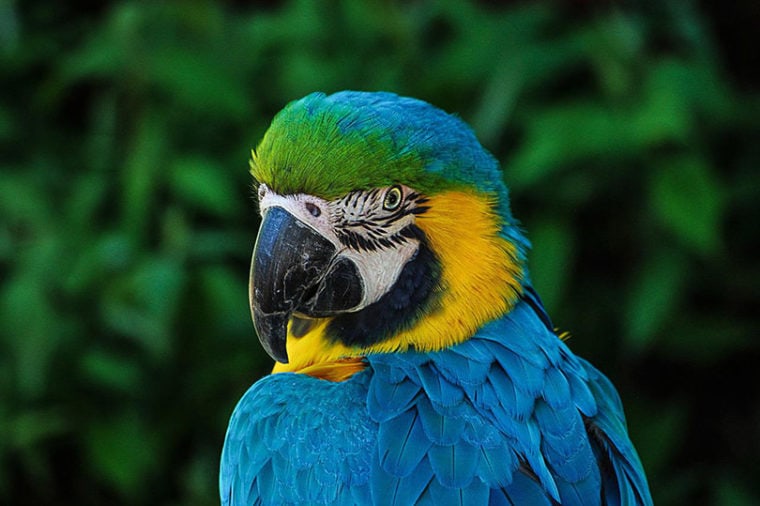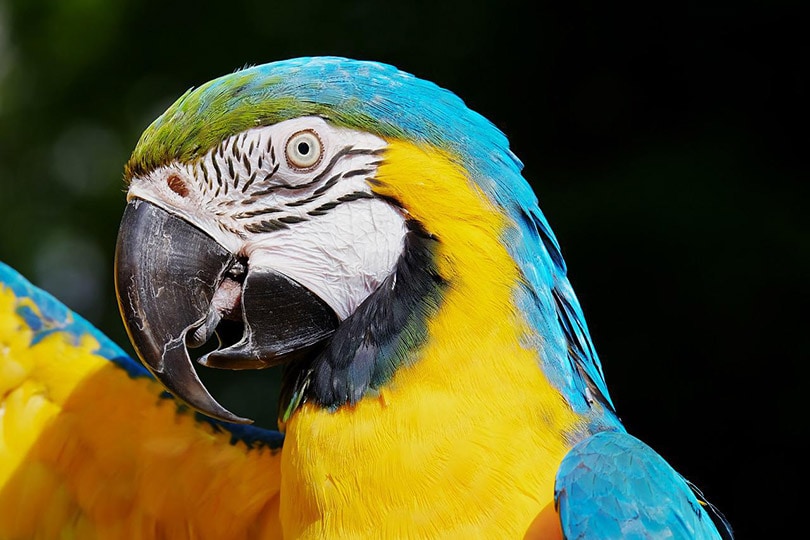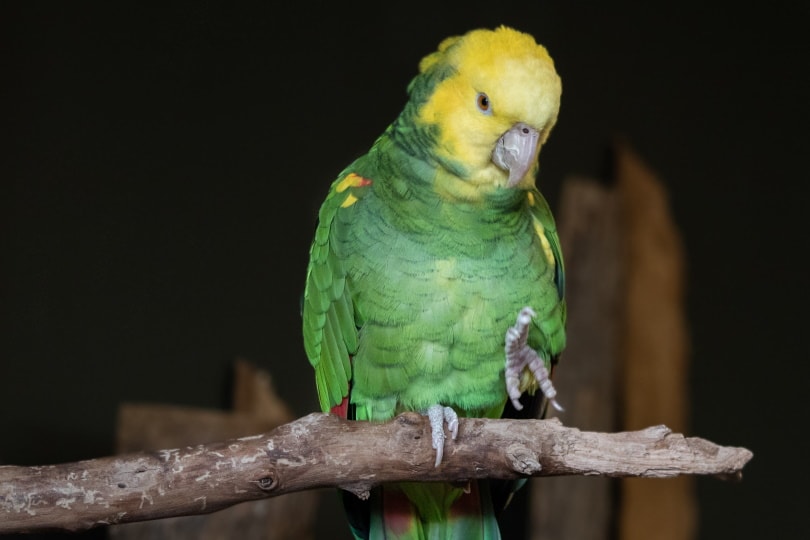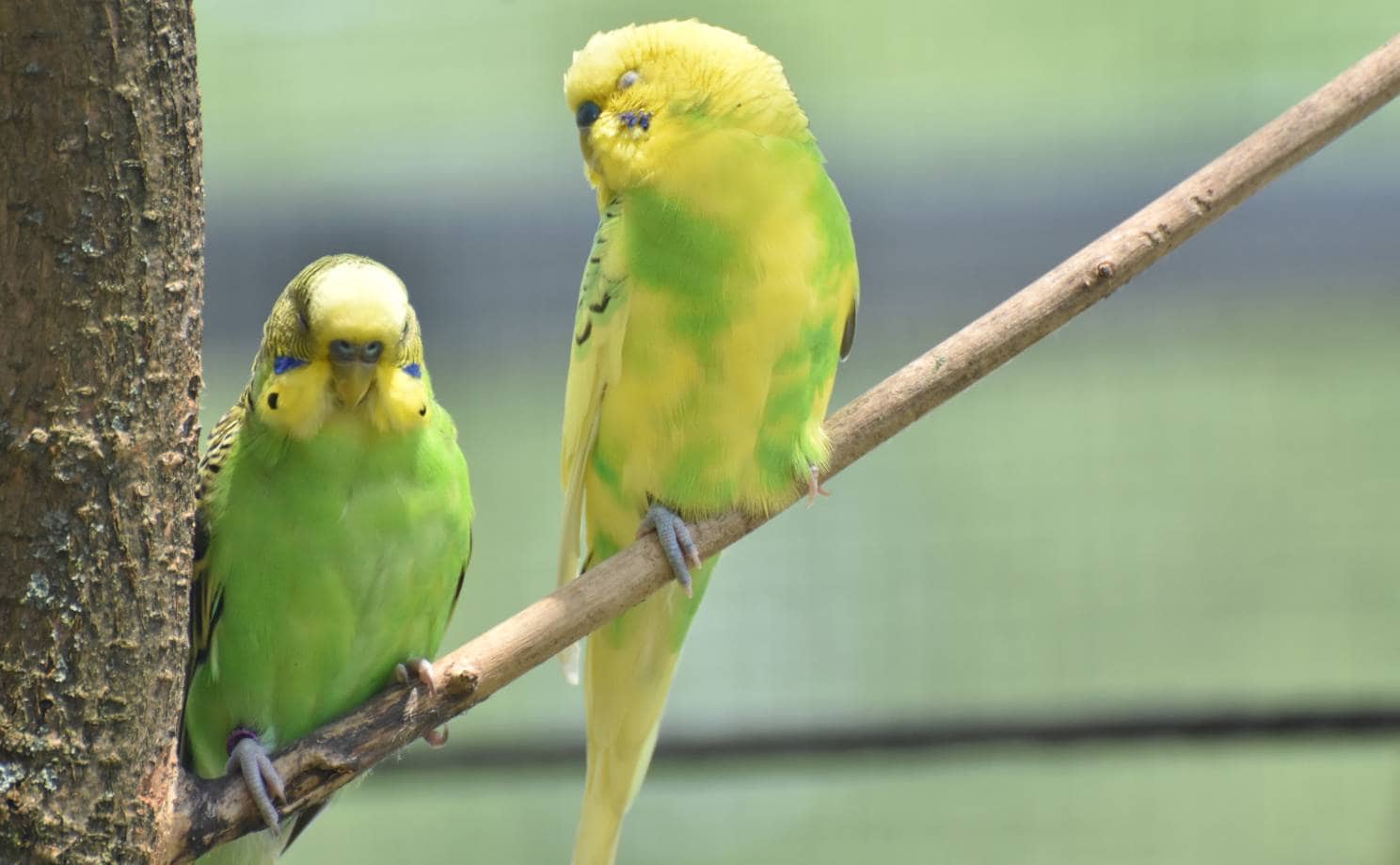
When it comes to bird ownership, people need to know how to properly care for their bird. However, they rarely consider that they might need to clean out their nostrils. Sometimes birds may need to have their nostrils cleaned out, and experienced owners may do this at home.
However, inexperienced owners should take their bird to an avian vet to have their nostrils cleaned out. Improperly cleaning the bird’s nostrils can do more harm than good and could be dangerous for your bird.
In this article, we will discuss what causes a bird’s nostrils to become clogged in the first place. Then we’ll walk you through some common ways bird parents clean their birds’ nostrils.
 What Causes Birds’ Nostrils to Become Clogged?
What Causes Birds’ Nostrils to Become Clogged?
Birds’ nostrils can become clogged for many reasons. Some of the reasons a bird’s nose may become clogged need to be treated separately from the blocked nose. If you don’t treat the underlying cause of your bird’s congested nostrils, they’ll just become clogged again.
The 5 Causes for Clogs in Birds’ Nostrils
1. Infection
Your bird’s nostrils can become the home of a bacterial or fungal infection. In addition, birds can get infections of the nostrils from a vitamin A deficiency, which will first show up as white spots around the bird’s nose and mouth.
After that, the spots will become infected with bacteria or fungus, and the sites will turn into abscesses. You won’t just need to clean your bird’s nostrils if it gets to this point; you’ll also have to have them treated for the abscesses.

2. Mold Allergies
Mold can grow in and around your parrot’s enclosure if there’s not enough ventilation in it. This problem can be exacerbated during the summer months when there’s more moisture in the air. If your parrot has an allergy to mold this will cause a runny nose.
The only solution is the removal of the allergen so you will need to get rid of the mold. In addition, your parrot might need anti-allergy medication. However, you may still have to flush the gunk out of your parrot’s nostrils to get them back to 100%.
3. Mites
A mite infestation can also cause your parrot’s nostrils to become blocked. Mites are relatively rare in birds, but infestations do happen sometimes. Facial mites will burrow into the skin around the bill, causing painful sores and blocking the nostrils. In addition, plaque from a mite infestation will start a bright white color and quickly harden and thicken, making the nose look like it’s covered in sores.
Removing scaly mites from the face is a relatively simple process. You can use diatomaceous earth to drive the mites out of their burrows and kill them. Mite sprays, oral medication, and olive oil can also be used to rid your parrot of mite infestations.

4. Improper Humidity
Parrots are native to many jungles and rainforests and are designed to thrive in humid conditions. While they can survive in dry or air-conditioned rooms, these conditions are unlike what they’re biologically built for.
Respiratory infections are common in birds kept in excessively dry environments, and these infections can cause the sinuses to become clogged.
5. Heavy Chemicals
Household cleaners can irritate and damage your parrot’s sinuses. These can cause the sinuses to become blocked or clogged in severe cases. To prevent this, use gentle, all-natural cleaning solutions when cleaning your parrot’s cage and enclosure area.
How to Clean Your Parrot’s Nostrils
There are many methods to clean your parrot’s nostrils. The process tends to be minimally invasive but can be uncomfortable for the bird. So, don’t be surprised if your bird hates it and you for a little while. But, on the other hand, it’s in their best interest.

Method 1: Nose Rinse
We want to stress that inexperienced owners should not perform nose rinses. Ideally, any owner performing a nose rinse on a parrot will have been taught how to do it by a trained medical professional.
Method 2: Handkerchief
How to Prevent Nose Issues in Birds
The best way to treat your bird’s nose issues is not to have them first. However, you can take many measures to prevent nose issues from ever arising in your bird. Here are the most common ways that bird parents clear out the sinuses regularly.

Shower with Your Bird
Your bird doesn’t care if he sees your bits, but the steam from the shower is terrific for his nose. So, whenever you take a shower, take your bird into the bathroom and collect some clean water in the sink for the birth to bathe in. He can use the time to clean his feathers and preen himself in the water while your shower’s steam clears his sinuses.
Get Your Bird a Humidifier
A humidifier will keep your bird’s room humid and easy for them to breathe in, making it more like his natural habitat in the jungle. It will also help keep your bird’s nostrils from getting too dry.
Misting Your Bird
You can mist your bird with a spray bottle to simulate the humidity and moisture of his natural environment. Misting him several times a day will help keep his skin and nostrils from getting dry.
 Final Thoughts
Final Thoughts
Birdcare is something that more and more people are thinking about as pet birds gain popularity. But, unfortunately, sometimes birds have unique needs from cats and dogs, like needing to have their nostrils cleaned out. Luckily, you can prevent this issue as easily as you can solve it!
Featured Image Credit: 192635, Pixabay

 What Causes Birds’ Nostrils to Become Clogged?
What Causes Birds’ Nostrils to Become Clogged?





